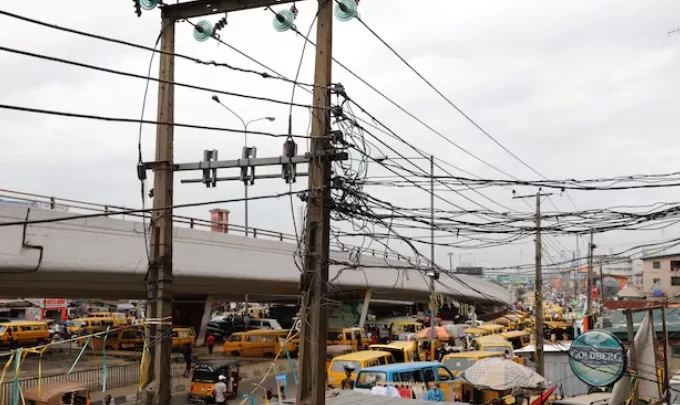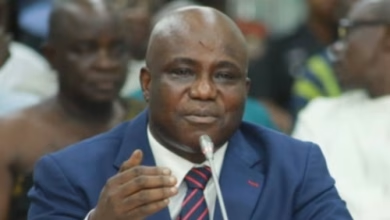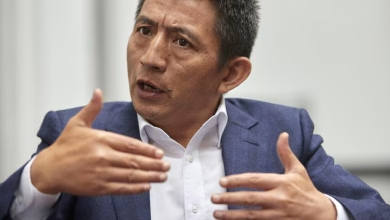Nigeria Prioritizes Domestic Electricity Supply

- Nigeria prioritizes its own power by reducing electricity exports for 6 months.
- Deals with other countries caused blackouts despite higher electricity bills for Nigerians.
- Less foreign income might hurt power companies.
- Power supply improves a bit, but Nigerians still face cuts.
Nigeria’s electricity woes took a new turn as the Nigerian Electricity Regulatory Commission (NERC) stepped in to address the chronic power shortages plaguing the nation. In a directive issued last Friday, NERC ordered the national grid operator to significantly reduce electricity sales to overseas customers. This move aims to prioritize domestic power supply and alleviate the hardship faced by Nigerian citizens.
The current approach, according to NERC, prioritized bilateral contracts, including exports, over domestic needs. This resulted in Nigerians experiencing frequent power cuts despite sub-economic tariffs already in place. To address this imbalance, NERC implemented a cap of 6% on the total grid generation allocated to international off-takers for the next six months, effective from May 1st.
Nigerian power companies benefit from these export deals, earning much-needed foreign currency. However, these contracts often come with challenges. Neighboring African countries like Niger, Togo, and Benin, who are some of the beneficiaries, have a history of late payments, adding strain to the already struggling Nigerian power sector.
Domestic power cuts have become a harsh reality for Nigerians. Despite recent tariff hikes for some customers who were promised increased daily supply (up to 20 hours), power companies continue to fall short. The situation is further complicated by priority access granted to large domestic consumers like industries and government departments.
Analysts anticipate the cap on overseas sales to create uncertainty within the power sector. Mikolaj Judson, an analyst from Control Risks, a global risk consultancy firm, highlighted the operational challenges power generation companies will face. Adjusting production, distribution, and potentially renegotiating contracts on short notice will be a complex task.
Judson further warned of potential financial difficulties. Reduced revenue from overseas customers will exacerbate existing financial challenges. Additionally, power distribution firms, already burdened by substantial debts owed to generation companies, will need to step up their repayment efforts.
The NERC directive has shown some early signs of improvement. National grid electricity supply, which hovered below 3,000 megawatts for weeks, has risen above 4,700 megawatts since Saturday. However, Nigerians typically experience power shortages below 4,000 megawatts on regular days.
Lax regulations and unenforced penalties were also identified by NERC as contributing factors to the power crisis. Current international and bilateral contracts lack strict enforcement mechanisms, allowing off-takers to exceed their contracted levels during peak periods, further straining the grid and impacting domestic consumers.
The decision to prioritize domestic supply could also be linked to outstanding debts from international customers. A report by NERC in late 2023 revealed a combined $12.02 million in unpaid debts owed by international customers for electricity services rendered.
While the short-term impact of the cap on overseas sales remains to be seen, it signifies a crucial step by NERC to address the longstanding power crisis in Nigeria. The success of this initiative hinges on improved efficiency within the power sector, stricter enforcement of regulations, and potentially renegotiating existing export contracts to ensure a more sustainable balance between domestic needs and foreign currency generation.






